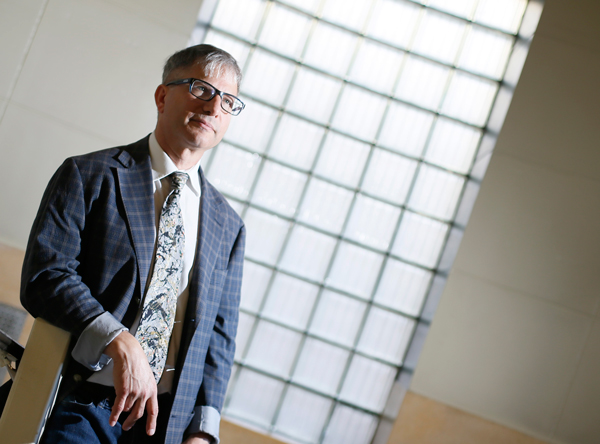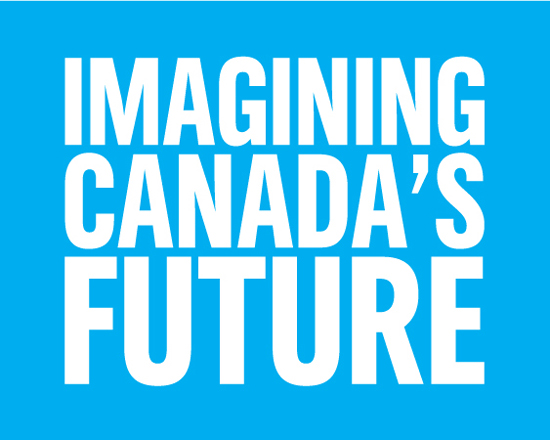What impact will graduate student research have on Canada in the 21st century? McGill is one of 24 universities engaging in a national dialogue to imagine Canada’s future, sponsored by the Social Science Research Council of Canada (SSHRC). As a community, we have taken many steps to contextualize and communicate the impact of research and predict how future research will contribute to the world.
With this new initiative, SSHRC has thrown down the gauntlet and created a challenge – to “Imagine Canada’s Future.” Partnering with the Canadian Association of Graduate Studies (CAGS), SSHRC’s Imagining Canada’s Future initiative is informed by six future challenge areas with the goal of highlighting research and responding to the future needs of the country.
In the next month, participating universities will host events to collect information then come together to answer questions about our collective future.
But, why now?
There seems to be a national focus on the importance of social sciences and humanities for a number of reasons. For example, the question of the future of the humanities PhD is being discussed at McGill by Professor Paul Yachnin. His work in this area started in 2012 and has focused on rethinking skills development and their relationship to the PhD experience.

Recently, Yachnin’s work was highlighted in a workshop called the “Future of the PhD” at the 2014 Canadian Association of Graduate Studies conference and an article featured in the University Affairs journal. “We need to reform PhD programs so that they lead to a multiplicity of career pathways rather than to only one,” he says.
To be held on April 13, McGill’s Imagining Canada’s Research event will feature a keynote address by Professor Will Straw, Director of the McGill Institute for the Study of Canada, and a panel of seven McGill graduate students selected to represent McGill and to contribute ideas to the dialogue. The graduate students are from numerous faculties and will engage in this important discussion about opportunities and challenges for social innovation, research and building our knowledge capital. Each student will share information on their research contextualized to respond to the SSHRC question “What knowledge will Canada need to thrive in an interconnected, evolving global landscape?” Presentations will be followed by an interactive roundtable discussion that will engage the whole audience.
Highlighted below are the students who will be presenting at McGill’s Imagining Canada’s Research event.
- Eun-Ji Amy Kim is a PhD candidate in Integrated Studies in Education. Her research explores indigenous perspectives in science curriculum in the Canadian education system.
- Vanessa Blais-Tremblay is a PhD candidate in Musicology and Women’s Studies. Her research is on jazz musicians in Montreal and colour-blind nationalist narratives.
- Olivia Heaney is a PhD candidate in the department of English. Her research explores forms of knowledge production in academia, informed by cultural production and global politics.
- Francois Leblanc is a PhD candidate in Architecture. His research focus is the 3D printing technology and the shift from a global manufacturing chain supply to a service-based economy.
- Blair A Major is a PhD candidate in Law. His research focuses on how religious and legal discourses can be engaged in constructive dialogue with Canada’s values.
- Carlos Rueda is a PhD candidate in Management. His research examines MOOCs and new ways of organizing learning.
- Greg Trevors is a PhD candidate in Educational Psychology. His research is on the uses of digital literacy to engage with global and local issues.
On April 13, from 1 p.m. to 4 p.m. at New Residence Hall (3625 Parc), professors, students and staff are invited to join graduate students as they share their research and actively participate in the roundtable discussion. This information will then be showcased on the national stage as highlights from the dialogue will be incorporated into SSHRC’s Imagining Canada’s Future initiative report.
Graduate students are at the heart of university research – come and learn how their research will answer the question “What knowledge will Canada need to thrive in an interconnected, evolving global landscape?” Register online to attend this exciting event.

